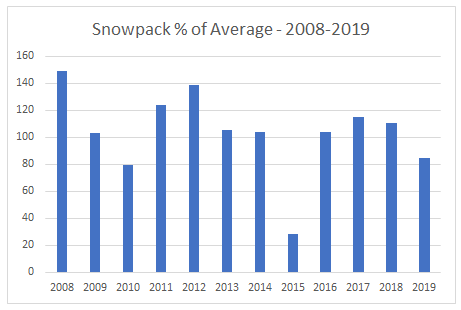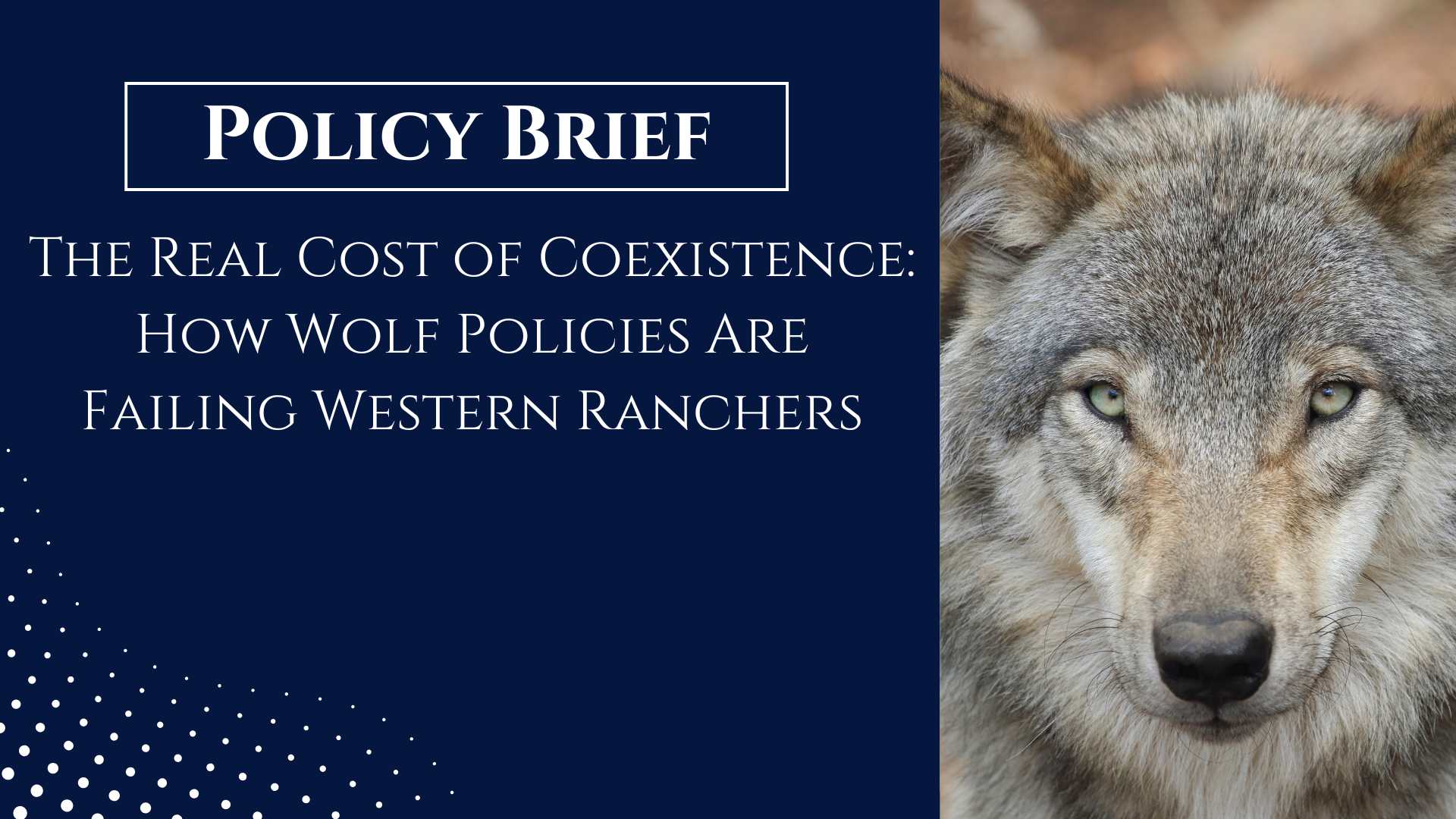A new bill to assess the costs of various climate policies asserts in the preamble that we are already seeing the impacts of climate change “with reduced snowpack levels.”

There is a problem with that claim. It’s not true.
This year, Washington’s snowpack averages about 106 percent of normal. Even if we dip a bit, we will end up near normal for the season. If we end above average, it will be the 10th time in the last 13 years we’ve finished above normal. That’s  77 percent of years above normal. Some may argue that climate change is creating increased precipitation leading to increased snowpack. That’s fine (but debatable). One thing we certainly aren’t seeing is “reduced snowpack levels.”
77 percent of years above normal. Some may argue that climate change is creating increased precipitation leading to increased snowpack. That’s fine (but debatable). One thing we certainly aren’t seeing is “reduced snowpack levels.”
The “reduced snowpack” claim has, however, become a fixture of rhetoric and legislation demanding that we act to reduce CO2 emissions. HB 2311, which was adopted this year and sets new, more strict, CO2-reduction targets (even though we aren’t meeting the current targets), claims in the preamble, “Our state is experiencing…lack of snowpack.” Why does this incorrect claim continue to be made?
First, I don’t think anyone actually checks the data. People assume higher climate change must mean reduced snowpack, so they say it. Who needs to check?
Second, once some people say it, everyone else just assumes it is true and repeats it. Especially since it is convenient and fits a narrative.
If, however, climate change is important, isn’t it important to get the facts right, rather than just repeating false claims because they help push an agenda? Obviously, the authors of these bills thought it was important enough to put in the intent section of their bills, but not important enough to be accurate.
It may be a small example, but it is frustrating evidence of how glibly people who believe we face an “existential crisis” treat the subject of climate change, even regarding some simple details.





